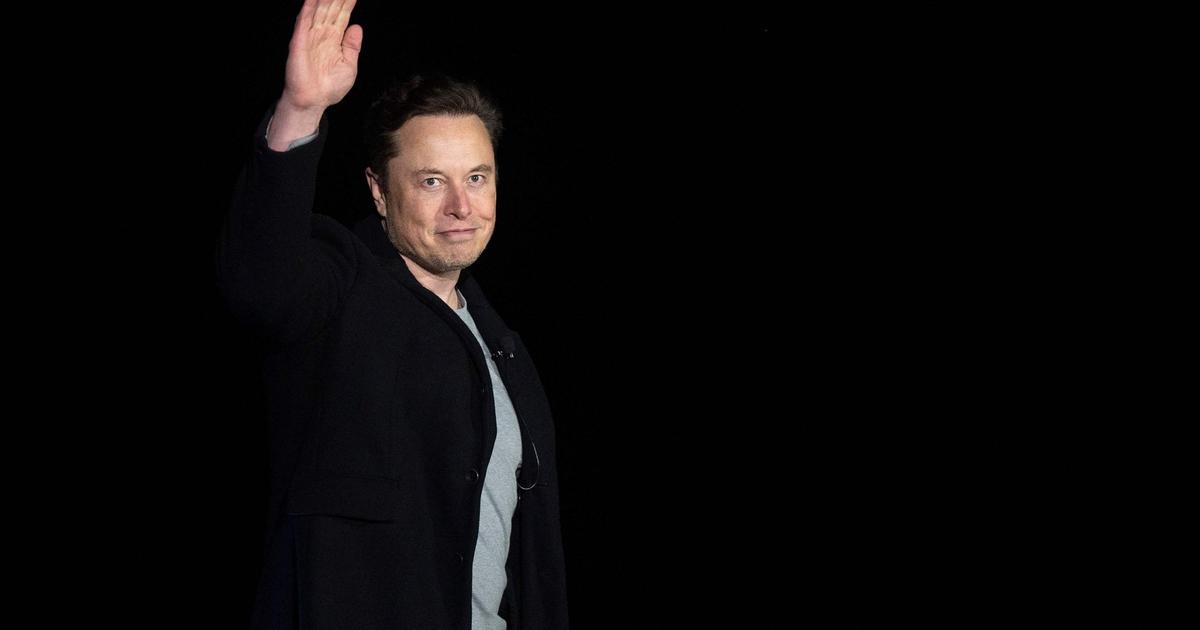

Do everything you can to prevent the war in Ukraine from turning into a diplomatic confrontation between Russia and the West. Fighting aside, that, in the eyes of European and American officials, is the challenge posed by the prolongation of the conflict launched by Vladimir Putin on February 24. Moscow may be marginalized in the United Nations, as several voices have shown since the invasion of Ukraine, but the Kremlin has not stopped presenting the current confrontation as a binary confrontation between Russia and the Western world. With a lot of propaganda, Russia has even distributed eloquent cards on social networks to alleviate the reality of Russian isolation: the rapprochement between Russia and China is presented there as the cornerstone of a new order. European allies, stricken by the return of war on a continent in decline and long torn apart.
On paper, Russia’s expulsion from the international community is clear if we consider the votes that have taken place in the United Nations in recent weeks: 141 countries have condemned the war and called for a ceasefire. Ukraine, and only four, Belarus, Syria, North Korea and Eritrea, voted with Moscow. But 35 others abstained, starting with China, India, several African and Gulf states.
Many indifferent states
On Thursday, April 7, the vote on Russia’s suspension from the United Nations Human Rights Council confirmed that the initial consensus was fragile: only 93 states (out of 193) voted in favour, 24 against (including China this time) and 58 abstained. , including many emerging countries. “There are many states that are indifferent to war, because they do not want to take sides in a conflict between the great powers and are concerned about its consequences for the prices of energy and food products,” analyzes a diplomat stationed in New York. “Russia is isolated, but many countries do not side with Ukraine and its western allies,” he said. he adds.
How to explain such a situation when the atrocities of Russian soldiers on civilians, the attacks on train stations and hospitals, and the siege of Mariupol arouse widespread outrage, at least in the Western world? “Many countries want to keep their distance from a conflict the consequences of which they fear, while the defense of important principles by Westerners is not always seen as credible.analyzes the former Deputy Secretary-General of the United Nations (2000-2008), Jean-Marie Guéhenno, a teacher at New York University. Their sense is that the emotions of the West are mixed and that the erosion of international law started with the Kosovo war, with the NATO intervention against Serbia in 1999, and of course the war in Iraq in 2003. Two events that Russia does not hesitate to draw attention to the interventionism of the United States and its allies since the end of the Cold War.
You still have 65.13% of this article to read. The following is for subscribers only.



